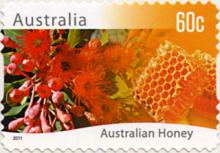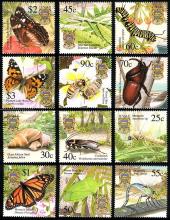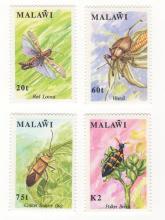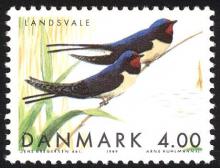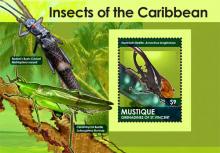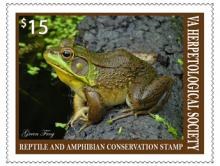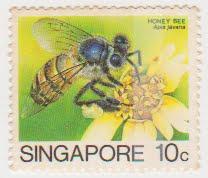Stemming verbod op neonicotinoïden uitgesteld - Duitsland, Spanje en Groot-Brittannië zijn tegen
De stemming die maandag (25-02-13) zou plaatsvinden onder de landbouwexperts van de Europese lidstaten voor het inperken van drie neonicotinoïden is uitgesteld. Reden voor de opschorting is hevig tegensputteren van enkele lidstaten, zo beweert de Belgische krant De Morgen. De Europese Commissie wil een moratorium instellen op het gebruik van drie neonicotinoïden in voor bijen aantrekkelijke gewassen. Milieuorganisaties en de groene fractie in het Europees Parlement hopen dat het voorstel het haalt. Maar lidstaten als Duitsland, Spanje, Groot-Brittannië en Hongarije lijken er niet mee in te stemmen. ‘Het ziet er naar uit dat het voorstel van de Europese Commissie niet goedgekeurd zal worden, of enkel in afgezwakte vorm’, zo de geruchten in de politieke wandelgangen. Frankrijk gaf twee dagen geleden nog aan het tijdelijke verbod op neonicotinoïden te steunen. Ondertussen is de discussie over de schadelijkheid voor bijen in volle gang, maar nu richt dat zich ook op mensen. Toxicoloog Henk Tennekes pleit bij de Vara voor een onderzoek naar de effecten van neonicotinoïden op het centrale zenuwstelsel en de hersenen. Via crowdfunding zoekt hij naar middelen om dat onderzoek te financieren: https://www.4just1.com/

